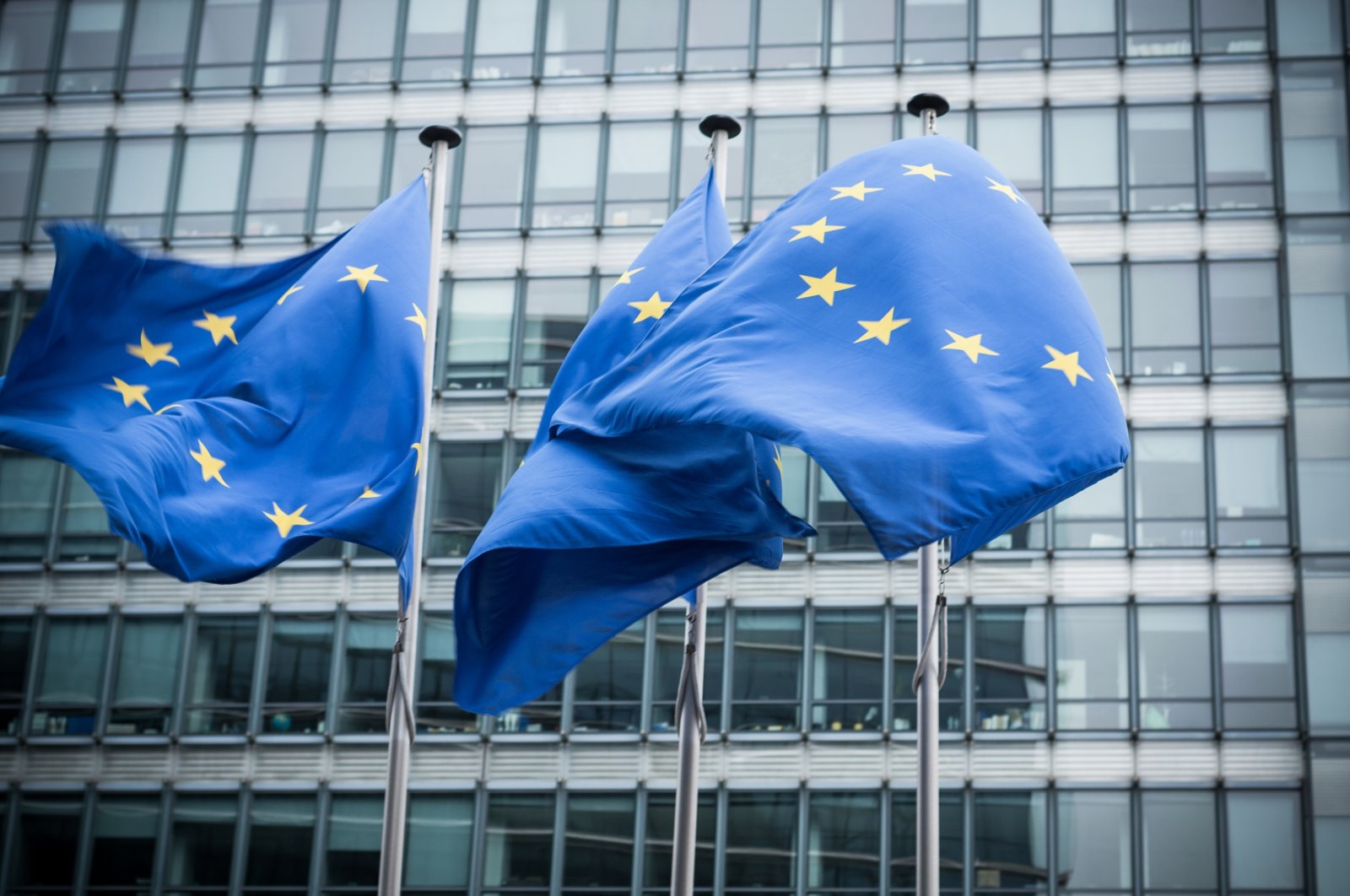
Central Asia is a strategically important region that has recently been the focus of increased attention from the European Union. The EU’s engagement with the area has been driven by various factors, including its vast energy resources, a strategic location at the crossroads of Europe and Asia, and the shared interest in promoting regional stability and security.
The EU’s partnership with Central Asia is growing but limited – understanding the regional political context and geopolitical reality can change this.
Russia’s war of aggression against Ukraine has impacted its stance and influence in its so-called "near-abroad." The countries making up Central Asia have frequently been considered to be in Russia’s sphere of influence and have strong ties not only historically but also economically and militarily.
In recent years, the EU has signed several partnership and cooperation agreements with Central Asian countries, including Kazakhstan, Kyrgyzstan and Uzbekistan. These agreements aim to deepen cooperation between the EU and Central Asia in economic development, energy, transport and the rule of law.
In 2019, the EU and the Central Asian states launched negotiations on an Enhanced Partnership and Cooperation Agreement (EPCA). The agreement aims to deepen political and economic ties between the two regions and includes trade, investment, human rights and environmental protection provisions. Once signed, the EPCA will replace the existing Partnership and Cooperation Agreements that the EU has with each of the Central Asian states.
Economic cooperation has been a crucial element of EU-Central Asia relations. The EU is one of the largest trading partners of the region, accounting for around 20% of the region’s total trade. The EU is also a significant investor in Central Asia, particularly in the energy sector. The EU has been working with the area to diversify economies, increase trade and promote private sector development.
One of the key drivers of the EU’s engagement with Central Asia has been the region’s growing importance as an energy supplier. Central Asia is home to vast reserves of oil, gas and other natural resources and has become an increasingly important energy source for the EU. As a result, the EU has sought to strengthen its energy ties with the region through several initiatives, including the European Union-Central Asia Energy Security Dialogue launched in 2017.
The EU has been seeking to diversify its energy sources and reduce its dependence on Russia in the energy sector. Central Asia presents an attractive alternative energy source for the EU with its vast energy reserves. The EU has been working with Central Asian countries to develop energy infrastructure, such as pipelines and power grids, to facilitate exporting of energy resources to Europe.
Connectivity is another area of focus for the EU in Central Asia. The EU has been improving transport and communication links between Europe and Central Asia, such as developing the "New Silk Road" initiative. This initiative aims to create a network of trade and transport routes linking Europe with Asia via Central Asia.
Security is also a key concern for the EU in Central Asia. The EU has been working with Central Asian countries to promote stability and prevent the spread of extremism and terrorism. One of the main focus areas has been counterterrorism, with the EU assisting the region in border management, law enforcement and the fight against radicalization. The EU has helped Central Asian countries improve border management and counterterrorism and promote human rights and democracy.
A positive perception
Indeed, the EU-Central Asian relationship has its history and dynamic, encompassing multiple factors and developments outside and inside the region. Mainstream policy analysis often highlights the competition for hegemony in the area. This analysis, however, ignores micro-level effects impacting the capacity for multilateral cooperation of Central Asia with external partners such as the EU, such as the growing geopolitical involvement of a multitude of different countries in the area and a lack of understanding of the local context.
Geopolitical tensions in the region and foreign involvement are growing unprecedently. While the EU and the U.S. emphasized that they will not convince Central Asian states to cooperate with them at the cost of cooperation with Russia and China, German Foreign Minister Annalena Baerbock stated in 2022 that Germany does not want to see Central Asia "being straitjacketed in Russia’s front yard or dependent on China." Simultaneously, Russian Duma Speaker Vyacheslav Volodin argued that "Uzbekistan is smart enough not to collaborate with the U.S.," fueling Russian anti-Western rhetoric.
The EU-Central Asia relations have been evolving over the past two decades, reflecting the changing priorities of both sides. The EU has been an important regional partner regarding economic, political and cultural cooperation. In addition, the EU’s focus on trade, energy, connectivity and security highlights the importance of collaboration between the two regions. The two sides have been working together to promote regional stability and prosperity, increase energy security, and enhance human rights and the rule of law.
